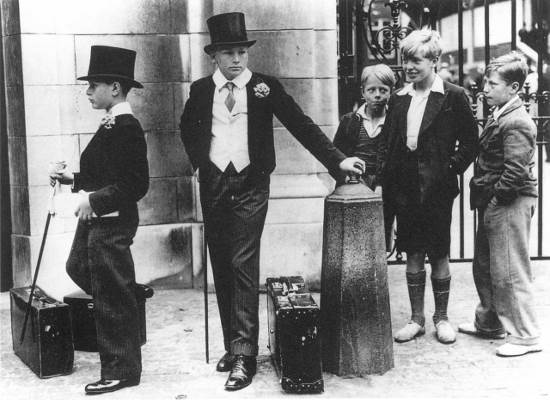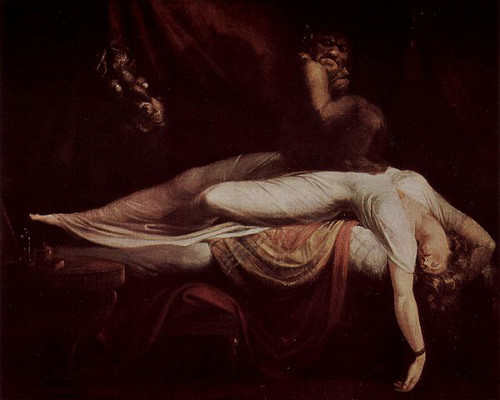Peculiarly English limericks:
There was a young lady named Wemyss,
Who, it semyss, was troubled with dremyss.
She would wake in the night,
And, in terrible fright,
Shake the bemyss of the house with her scremyss.
A pretty school-mistress named Beauchamp,
Said, “These awful boys, how shall I teauchamp?
For they will not behave,
Although I look grave
And with tears in my eyes I beseauchamp.”
There was a professor of Caius
Who measured six feet round the knaius;
He went down to Harwich
Nineteen in a carwich,
And found it a terrible squaius.
There lived a young lady named Geoghegan,
The name is apparently Peoghegan,
She’ll be changing it solquhoun
For that of Colquhoun,
But the date is at present a veoghegan. (W.S. Webb)
An author, by name Gilbert St. John,
Remarked to me once, “Honest t. John,
You really can’t quote
That story I wrote:
My copyright you are infrt. John.” (P.L. Mannock)
See This Sceptred Isle.






